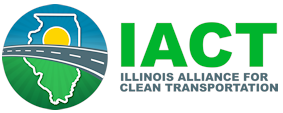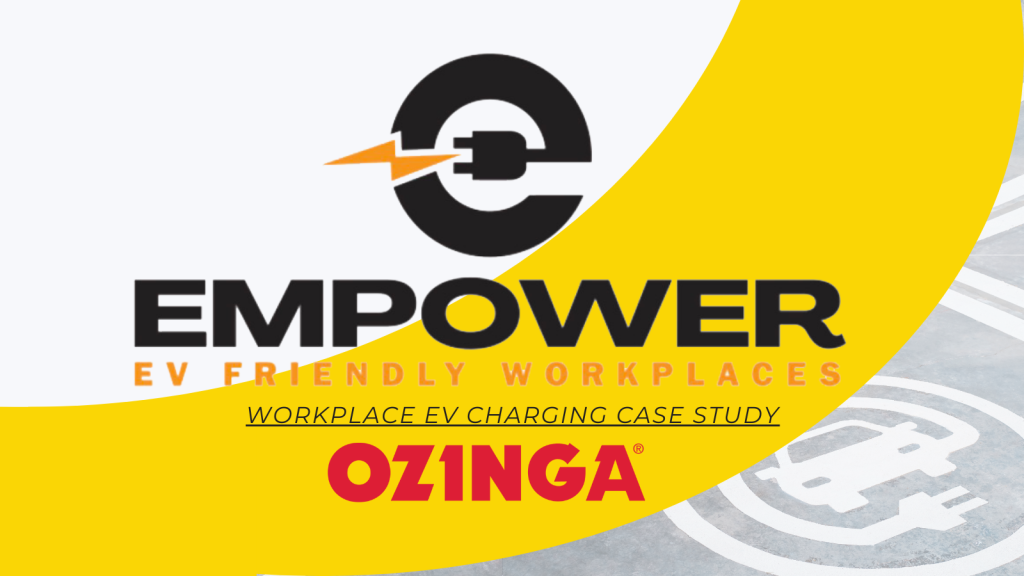Although clean air is vital to the health of every person in the United States, the air that we breathe today continues to be polluted. This is especially dangerous for family and community members with underlying health issues and weaker respiratory systems, such as children and elderly individuals, but also for those who are pregnant, and those who live next to busy roadways, transit depots, industrial facilities, power plants, oil and gas operations and other sources of conventional and hazardous air pollutants.
The air in your area may not meet the Clean Air Standards set by the U.S. Environmental Protection Agency. According to the American Lung Association, vehicular and tailpipe emissions from cars, SUVs, trucks and various other vehicles represent a major source of air pollutants that may cause short and long-term respiratory effects. These pollutants include particulate matter, sulfur dioxides, nitrogen oxides and volatile organic compounds and including carbon dioxide.
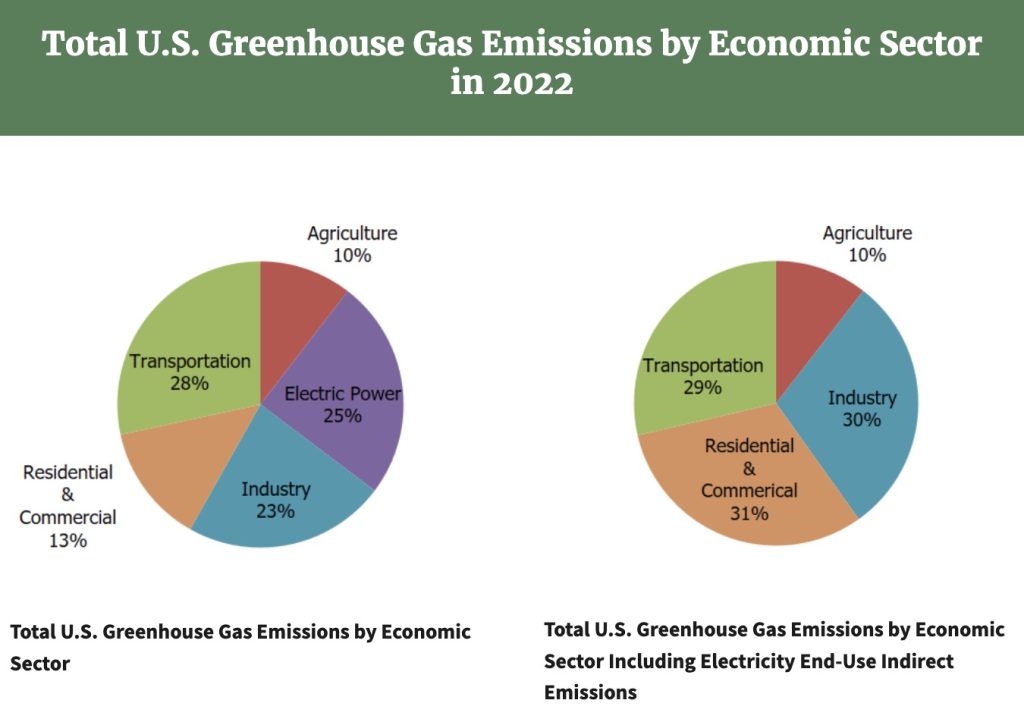
Petroleum-based fuels, primarily gasoline and diesel, currently constitute over 94% of the fuel utilized for transportation purposes. In fact, the transportation industry—including cars, trucks, ships, trains and airplanes—accounts for the largest portion of greenhouse gas emissions in the US, the majority of which are created from the combustion of fossil fuels. Greenhouse gases play a crucial role in trapping heat and contributing to the warming of the planet and environmental damage to crops, buildings, roadways, etc.
Reducing the United States’ reliance on fossil fuels for transportation is vital to the country’s success in achieving clean air. Many Americans are eager to participate in programs that make the United States a healthier place to live by adopting alternative fuels or alternative fuel vehicles such as those that run on electricity, hydrogen or propane. As the transportation sector at large undergoes electrification, access to charging infrastructure becomes increasingly essential. Whether at home, leisure spots or workplaces, the question of where to plug in is becoming a continually pressing concern for EV owners.
Equitable Mobility Powering Opportunities for Workplace Electrification Readiness
The EMPOWER Workplace Charging Project plays a pivotal role in accelerating the adoption of workplace charging (WPC) across the nation. By linking workplaces with dedicated local charging coaches, offering educational resources and granting access to a comprehensive library of workplace-centric materials, EMPOWER aims to lower barriers to WPC implementation.
This project is an initiative of the Department of Energy’s collaborative effort involving 32 Clean Cities Coalitions across the U.S., along with utilities, and various other stakeholders. The primary objective is to address and overcome the barriers to reliable access to charging stations, thereby accelerating the adoption of electric vehicles in the workplace. While the amount of charging at home is currently at 80%, and charging at public locations is around 5% and becoming more commonplace, workplace charging will close the gap to provide the additional 15% to ensure the success of the electric vehicle program.
The Illinois Alliance of Clean Transportation (IACT) serves a role in finding employers in Illinois and convincing them of the importance of the need to install workplace charging. IACT also serves a leadership role as regional captain of several mid-west states.
Some of the benefits to employers show a commitment to climate leadership and social responsibility, a demonstration to employees of modern, green eco-friendly practices, the enhancement of the corporate image by aligning with local and national sustainability programs and a potential to leverage funding opportunities for further infrastructure development. The benefit to employees includes a recognition of the employer’s commitment, a boost in fuel efficiency and a reduction in home charging time and energy costs, providing additional convenience and savings.
John Walton, Chair of IACT states, “The Empower Workplace charging program is an important aspect of our efforts to reduce petroleum use. Our partners show a commitment to this program and the environment. We hope that other employers will join us in this project.”

In Illinois, one such organization that has implemented electric vehicle (EV) charging infrastructure for its employees is Ozinga, a custom concrete solutions and concrete materials company. Founded in 1928 as Conrad & Ozinga Coal & Coke Company in Evergreen Park, Illinois, the company began producing ready-mix concrete in 1952 and moved its headquarters to Alsip, Illinois in 1961. Since 1996, the company has operated out of three regional headquarters, two of which are in Illinois: Ozinga Illinois RMC, Inc. (Mokena), Ozinga Chicago RMC, Inc. (Chicago) and a third in Gary, Indiana.
Adding EV charging stations at Ozinga began with conducting feasibility studies to gauge the viability of EV vehicles. Locations were then evaluated, considering factors like traffic flow and accessibility. Collaboration with pertinent stakeholders, including local governments and utility companies, was integral to the project’s comprehensive planning and execution. The company currently provides EV charging facilities at five locations. Additionally, Ozinga has opted to replace a portion of its fleet vehicles with EVs, resulting in reduced emissions and operating costs.
“Overall, EV charging initiatives likely contribute to Ozinga’s environmental stewardship goals, enhance its reputation as a sustainability leader and potentially generate cost savings and operational efficiencies over time,” said Jeffrey Bonnema, Vice President of Fleets at Ozinga.
In addition to free resources, EMPOWER also has recognition programs for workplaces showing interest and leadership in catalyzing EV access for their employees through Pledges. Find more EV-friendly workplaces.
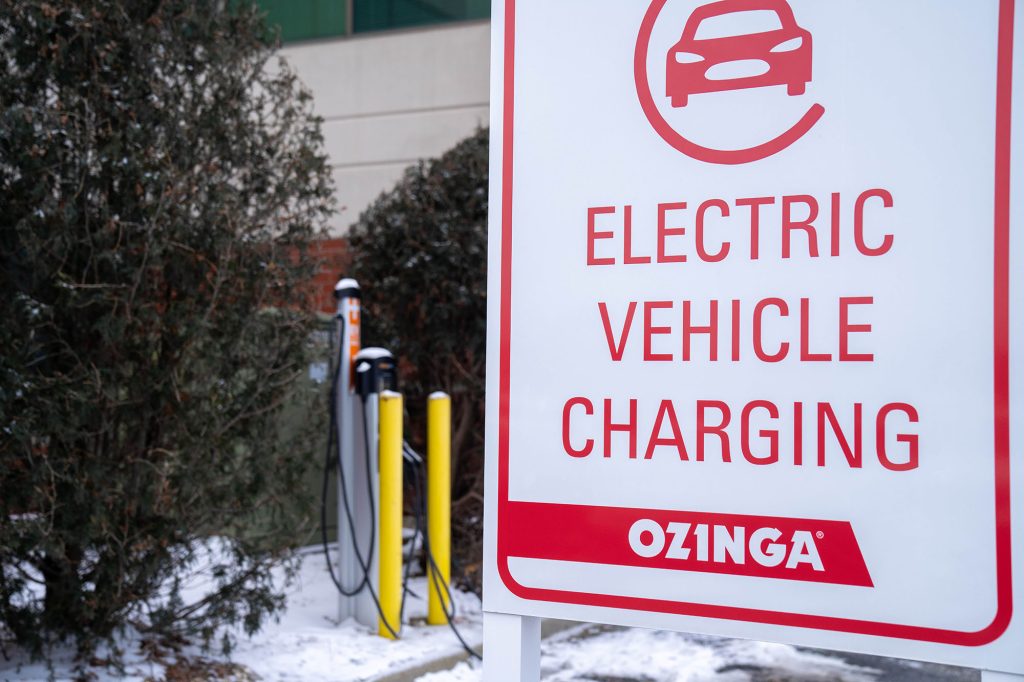
“It’s part of our commitment to sustainability and reducing its carbon footprint. EV charging aligns with our environmental goals by promoting cleaner transportation options,” said Bonnema.
Ozinga made use of resources offered by programs such as EMPOWER to navigate regulatory requirements, gain insights into best practices for the deployment of EV charging infrastructure and access funding opportunities, such as federal, state and local incentives, grants or rebates aimed at EV charging infrastructure installation. This strategic approach helped offset costs and expedite the deployment process.
Ozinga employs ChargePoint to meter its locations, track energy consumption for billing purposes and monitor the environmental impact of EV charging operations. The company’s EV charging locations offer a variety of charging levels, including Level 2 chargers for expedited charging at company locations. The company is also looking into DC fast chargers for public access.
Further opportunities for installing additional workplace charging stations are being considered. The initiative aims to support and facilitate the adoption of EVs by its employees, fostering sustainable commuting practices within the organization.
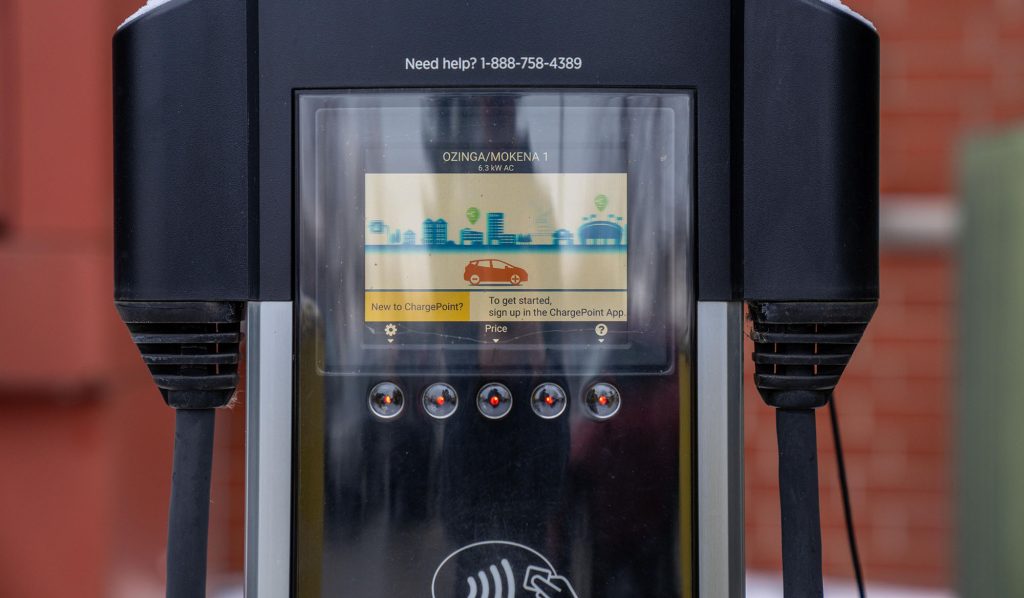
“Ozinga’s commitment to the environment extends beyond words—it’s woven into the fabric of our actions,” said Bonnema. “Partnering with the Illinois Clean Air Alliance and EMPOWER program, we proudly offer charging stations at our locations, empowering both our employees and the public to embrace sustainable practices conveniently. Together, we’re not just building a greener future, but also ensuring it’s easily accessible to all.”
Implementing EV charging infrastructure has never been more relevant and essential. To get free EV charging resources and be an EV charging-friendly workplace, visit EMPOWER online and sign the Pledge. Please have Illinois Alliance for Clean Transportation (EMPOWER 14) as the Clean City Coalition Partner.
About the EMPOWER Program:
Launched formally in 2023, this program focuses on facilitating national workplace charging, forming a significant step towards an environmentally sustainable future. The program offers outreach, education, and technical assistance in workplaces across the nation to encourage and support the transition to electric vehicle (EV) use.
This initiative is a Department of Energy’s collaborative effort involving 32 Clean Cities coalitions, utilities, data partners, and various other stakeholders. The primary objective is to address and overcome the barriers to reliable access to charging stations, thereby accelerating the adoption of electric vehicles in workplaces. Moreover, the program aligns with the Justice40 Initiative, an effort endorsed by The White House in 2022. The initiative is a goal that 40 percent of the overall benefits of specific Federal investments will be directed towards disadvantaged communities, which are often marginalized, underserved, and disproportionately affected by pollution.
The Benefits of EV Charging at Work
Employer Benefits:
- Demonstrates a commitment to climate leadership, sustainability, and corporate social responsibility.
- Helps attract and retain talented employees who value eco-friendly practices.
- Boosts employee satisfaction through the provision of modern, green amenities
- Enhances corporate image by aligning with local and national sustainability programs.
- Contributes to social equity through inclusion and access.
- Offers the potential for leveraging funding opportunities for further infrastructure development.
Employee Benefits:
- Increases job satisfaction by recognizing the employer’s commitment to the environment.
- Boosts fuel efficiency, contributing to personal cost savings.
- Lowers maintenance costs due to the advantages of all-electric vehicles over conventional ones.
- Reduces home charging time and energy costs, providing additional convenience and savings.
Goals
Regional
The Illinois Alliance for Clean Transportation (IACT) is the regional captain of the North Central region, which includes the respective Clean Cities organizations in Illinois, Indiana, Michigan, Wisconsin, Minnesota, and North Dakota, the project goals include the following:
- 135 workplace commitments
- 108 Electric Vehicle Supply Equipment (EVSE) port installations
State
In Illinois, the project has made significant strides:
- 80 workplace contacts
- 30 workplace commitments
- 24 Electric Vehicle Supply Equipment (EVSE) port installations
Funding
Although this program does not include funding to install electrification equipment, there are several funding programs available at a national, state, and local level.
Next Steps
1. Determine if your workplace is interested in installing workplace / or has installed workplace charging and most importantly, working with this program in a national scope. It’s a simple program to join and does not involve extensive administrative, or contractual commitments.
2. Contact the persons listed below to get further information.
Project Timeline
The project was initiated on January 1, 2022, and is expected to conclude in June 2025.
Contact Information
For further information or to express interest in the program, please contact:
Angela Tin, Co-Director & Board Member, Illinois Alliance for Clean Transportation
Email: Angela.Tin@lung.org Phone: 217-241-9027
About the American Lung Association
The American Lung Association is the leading organization working to save lives by improving lung health and preventing lung disease through education, advocacy and research. The work of the American Lung Association is focused on four strategic imperatives: to defeat lung cancer; to champion clean air for all; to improve the quality of life for those with lung disease and their families; and to create a tobacco-free future. For more information about the American Lung Association, which has a 4-star rating from Charity Navigator and is a Platinum-Level GuideStar Member, or to support the work it does, call 1-800-LUNGUSA (1-800-586-4872) or visit Lung.org.
Author

Whitney began working with IACT in 2023. With a degree in English and a minor in Art, Whitney has worked as both a newspaper reporter and a digital marketing and events manager, bringing 7 years of marketing and 8 years of content creation experience to IACT. Whitney is passionate about nature and preserving the environment, including solutions to cleaner air and greater sustainability, and is a former Chicago resident.

